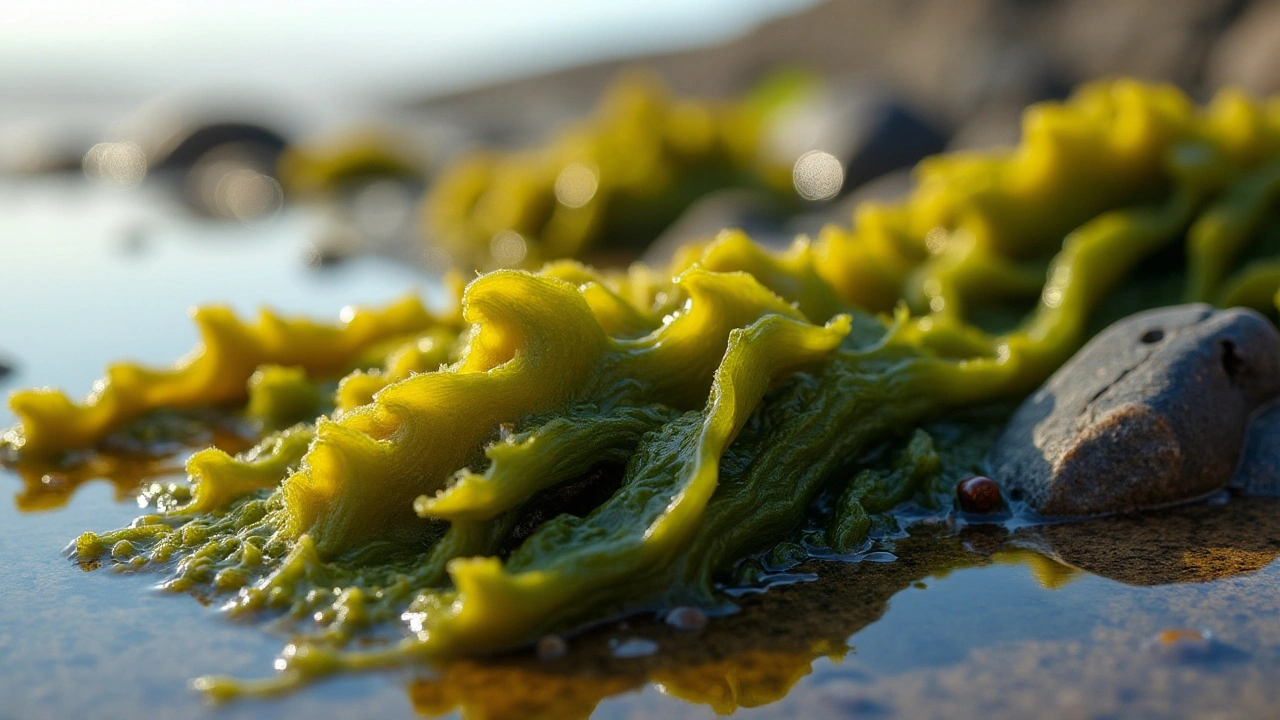Seaweed is one of those foods that looks simple but packs a lot. It’s low in calories, loaded with minerals, and shows up in diets from Japan to Iceland. But not all seaweed is the same—some types are nutrient powerhouses, others can carry too much iodine or arsenic. Here’s a straight, practical guide so you can enjoy seaweed without surprises.
Different seaweeds bring different nutrients. Nori (the thin sheets used for sushi) is high in protein, some B-vitamins, and can contain useful vitamin B12-like compounds. Wakame is mild and adds calcium and magnesium to soups and salads. Brown seaweeds like kelp and kombu give you a lot of iodine — sometimes enough to exceed the adult recommended daily intake (about 150 µg) if you eat too much. Many seaweeds also provide fiber, iron, small amounts of omega-3 (EPA), and antioxidants that protect cells.
Quick facts: nori is great for sprinkling on rice and salads; wakame rehydrates into a soft, leafy texture; kombu is used to flavor broths but is the most iodine-dense.
Use small portions. For regular eating: 1–2 sheets of nori a day, a 1/4 cup rehydrated wakame serving, or occasional kelp/kombu in stocks is reasonable. Avoid eating big servings of kelp every day — a little goes a long way with iodine.
Cooking tips: rinse dried seaweed to remove surface salt and sand. Soak kombu briefly and simmer gently for broths; remove the kombu before it goes slimy. Toast nori sheets for snacks. Sprinkle dulse flakes on potatoes or eggs for a savory boost.
Watch for sodium and contaminants. Dried seaweed and processed seaweed snacks can be high in sodium. Brown seaweed can accumulate heavy metals like arsenic in certain regions — buy from reputable brands that test their products and check origin labels.
Who should be careful? If you have thyroid problems or take levothyroxine, talk to your doctor before eating iodine-rich seaweed regularly. People on blood thinners should check with a clinician if they eat large amounts of vitamin K–rich seaweed. Pregnant people should avoid very high-iodine seaweed like large daily kelp servings.
Bottom line: seaweed nutrition can add real benefits — minerals, fiber, and flavor — when used in sensible portions. Try small amounts first, buy tested sources, and ask your healthcare provider if you have thyroid or medication concerns. Want a quick starter idea? Crumble toasted nori over avocado toast or add a spoon of wakame to miso soup for an easy, nutrient-rich boost.

Laminaria, a type of nutrient-rich seaweed, has taken the health world by storm. Packed with vitamins, minerals, and unique bioactive compounds, it promises various health benefits. This article delves into what makes Laminaria so special, its potential health benefits, how to incorporate it into your diet, and the science behind its rise in popularity.